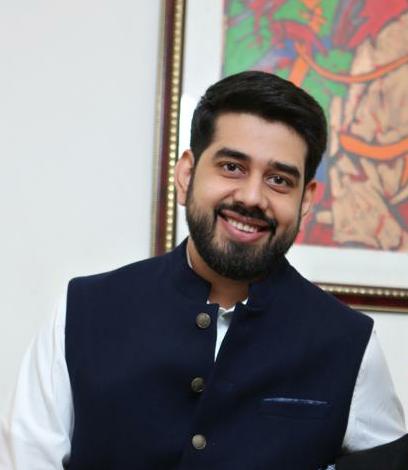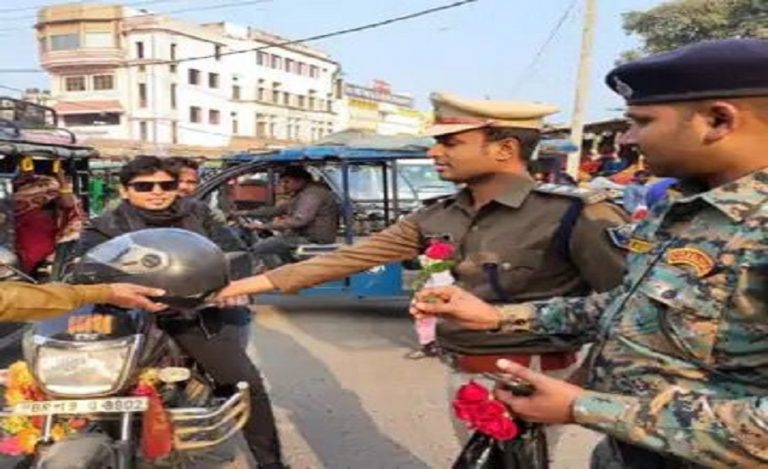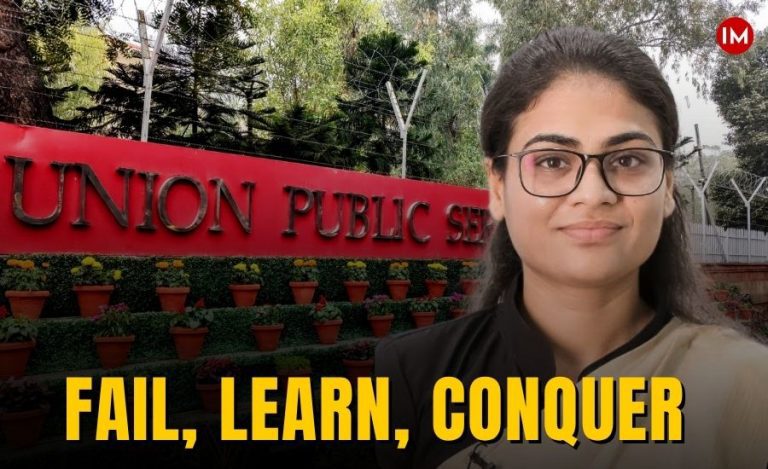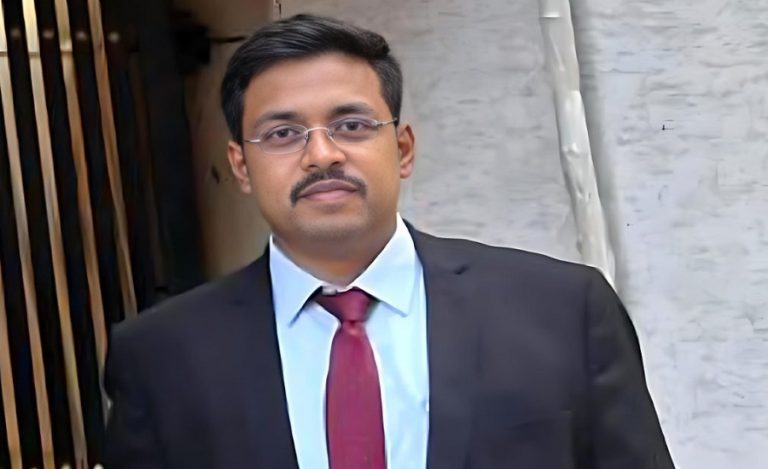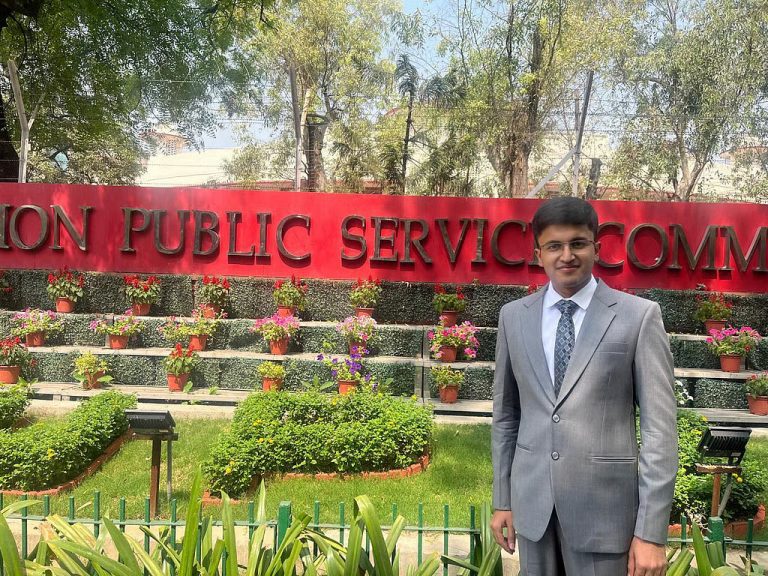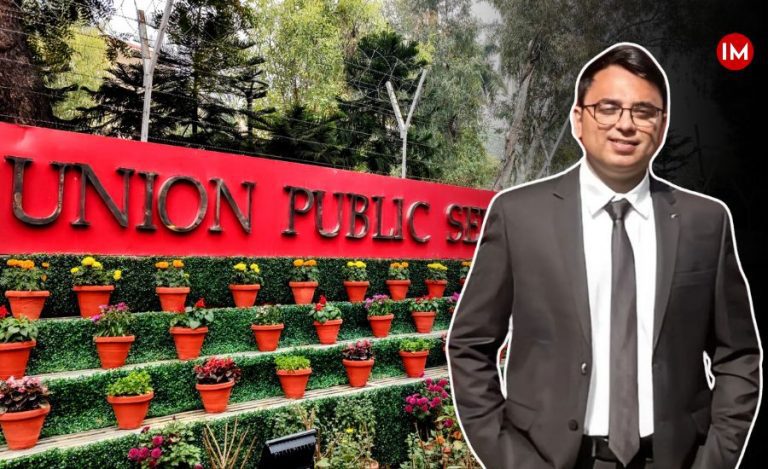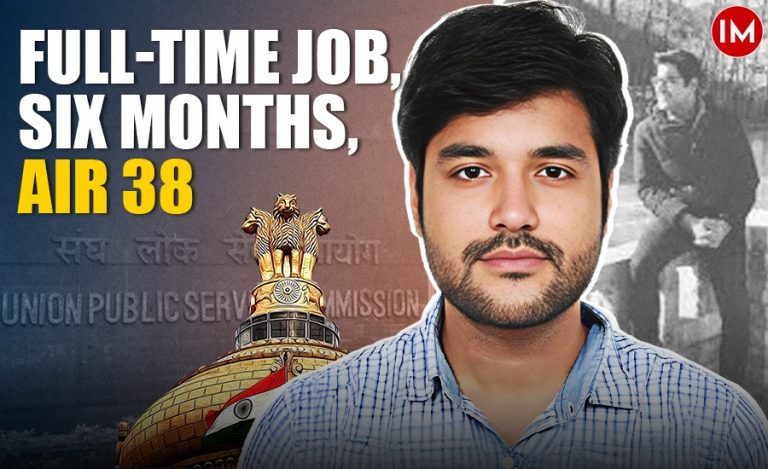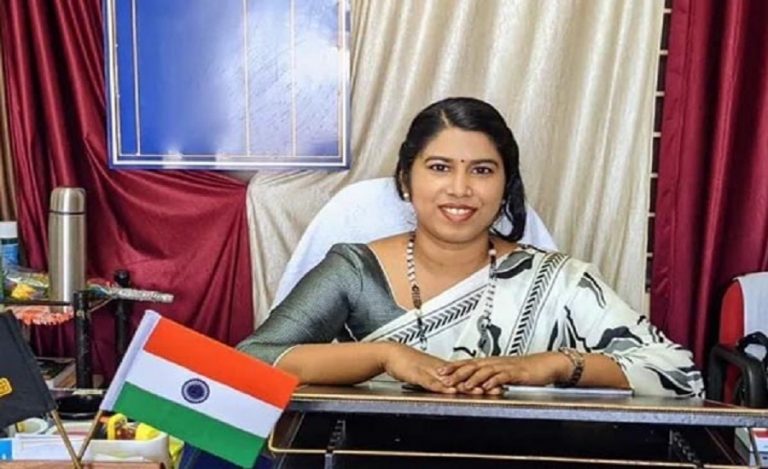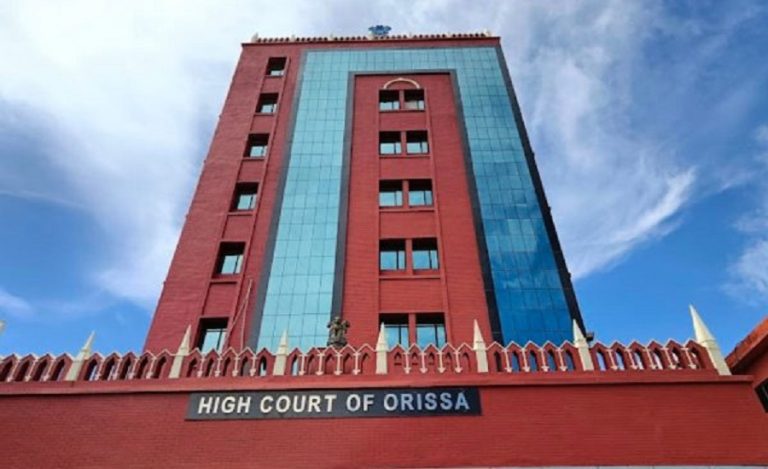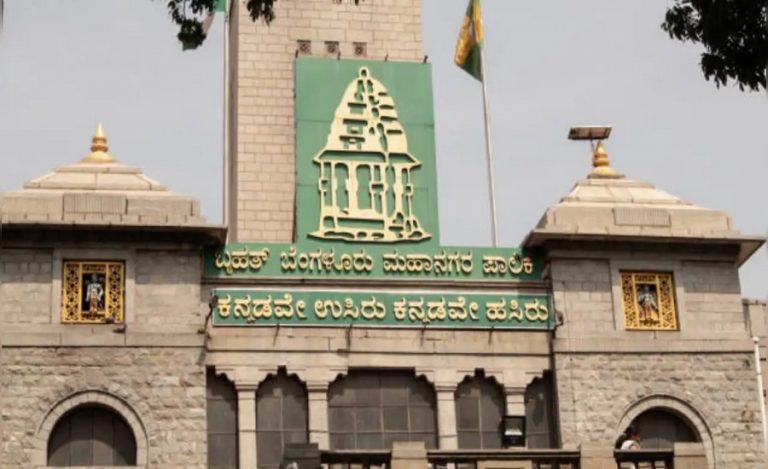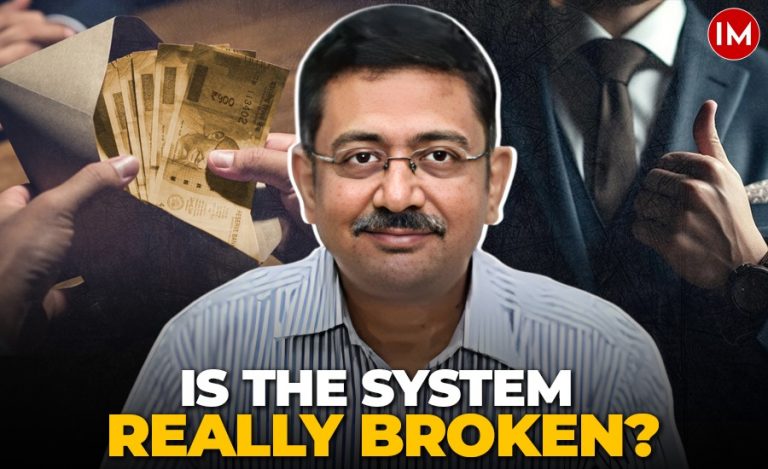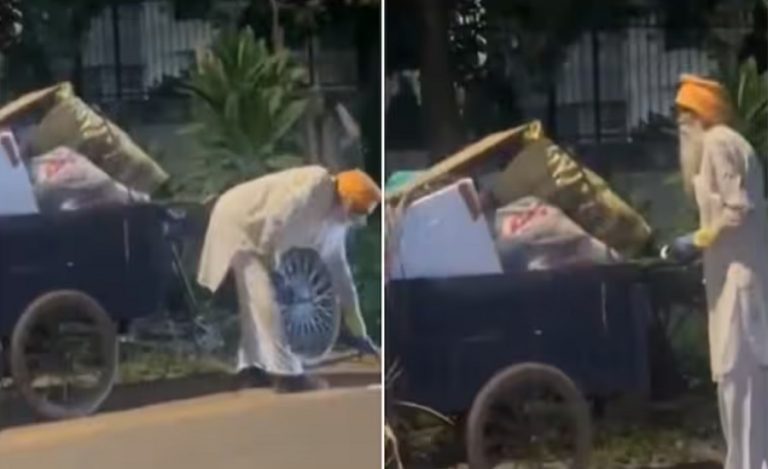The journey of UPSC throws up a different set of challenges for every aspirant, and the strategies adopted by them to cope with those challenges vary from person to person. In an exclusive conversation with Indian Masterminds, law graduate Sarthak Choudhry talks about the challenges that he faced in his four-year-long journey and how he tackled them to secure AIR 82 in CSE 2020.
BACKGROUND
Sarthak hails from Delhi and is the son of Retd Joint Commissioner of Delhi Police Suvashis Choudhary. After completing his BA LLB from National Law University Bangalore in 2016, he worked as Legal cum Research Assistant in the Delhi High Court. Being a son of a civil servant, he had seen his father working throughout his life for the betterment of society and this inspired him to take up Civil Services as a career, too.
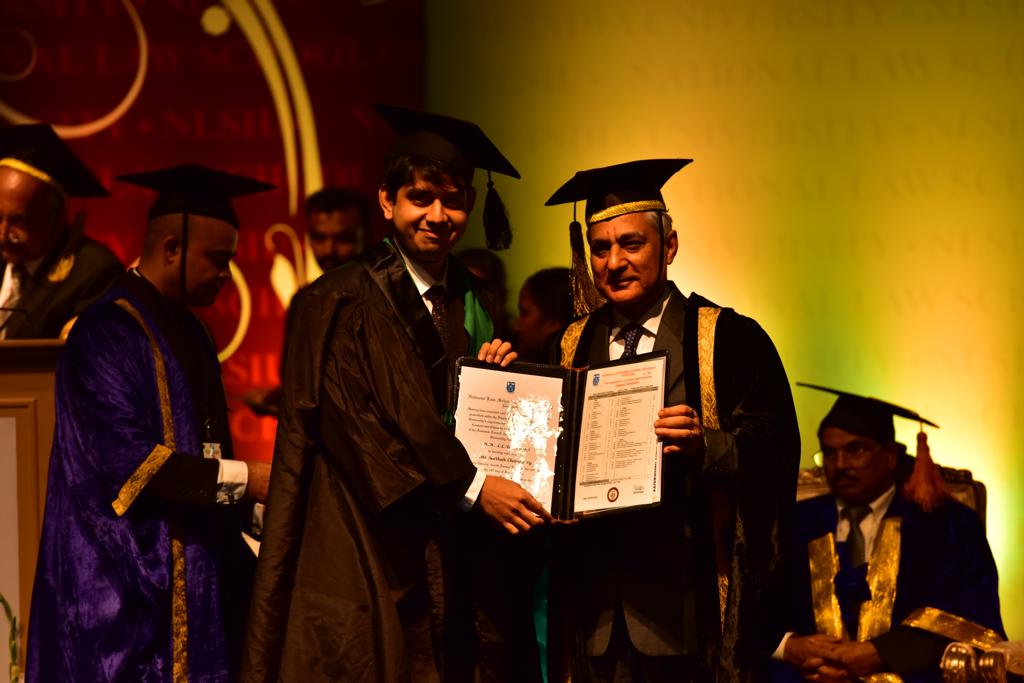
ANALYSIS OF FAILURE
Talking about his journey of intensive preparation for CSE, Sarthak says, “Throughout my journey, one thing that I found important is the analysis of failure. Analysis of failure of strategy is more important than analysis of failure of hard work. One needs to consistently remind oneself why he started this journey. ”This, according to him, helps in being consistent with the preparation. He goes on to outline the three basic things one needs to understand – what to read, when to read and how to read. These are the basics of any preparation strategy, he says, adding that it’s not important how many books you are referring to or how much you are reading, but what is important is the quality of content.
PRELIMS STRATEGY
Sarthak informs that although Current Affairs is important, the trend is changing and very few questions were asked this year from this section. “I would suggest preparing the basic static portion well and analyzing previous years questions to get a better understanding of the type of questions that can be asked. The best source is NCERT that I referred to myself, ” he said. He also stressed the importance of taking short breaks and spending time with family and friends, pursuing hobbies, and sharing thoughts and emotions with dear and near ones to de-stress.
ONE YEAR PLAN
He says at least one year of planning is necessary for cracking he exam. “Dividing the year into certain levels of preparation can be a good strategy. It’s important to dedicate at least 4 to 5 hours in the beginning, starting with NCERT, reading important topics in detail from Mains perspective, and gradually increasing the hours of preparation.” According to him, 8 to 9 hours is more than enough to prepare well for the exam. And reading newspapers is a very important part of the preparation. “I used to read The Hindu for at least 1 and half hour every day and make pointers of important reports, editorial suggestions, legal issues etc. This helped me to write answers well in the Mains examination.”
LAW AS OPTIONAL
Sarthak chose his graduation subject Law as his optional but still felt the need for guidance. “Writing answers in a law school is completely different from the answer writing that UPSC expects from you.” He joined a coaching institute in his final attempt and read newspapers from legal perspectives.
INTERVIEW EXPERIENCE
The interview went well for Sarthak. The questions ranged from current affairs to hobbies, based on his DAF. “It’s important to fill it properly so that you can manage the situation very well. Most of the questions were analytical and opinion based. For example, they asked me about plastic waste management, Swachh Bharat mission, role of UPSC in selection of DGP, IPC reforms, etc.”
PREFERENCE FOR IAS OR IFS
Sarthak grew up seeing his father as a successful IPS officer, but he does not want to join IPS. Rather he wants IAS or IFS. He explains why: “Though I’m inspired by my father, I want to serve people at a broader level where I can get more opportunities to explore and use my legal knowledge. Indian Administrative Service provides more opportunities to work for the cause on different levels.”

